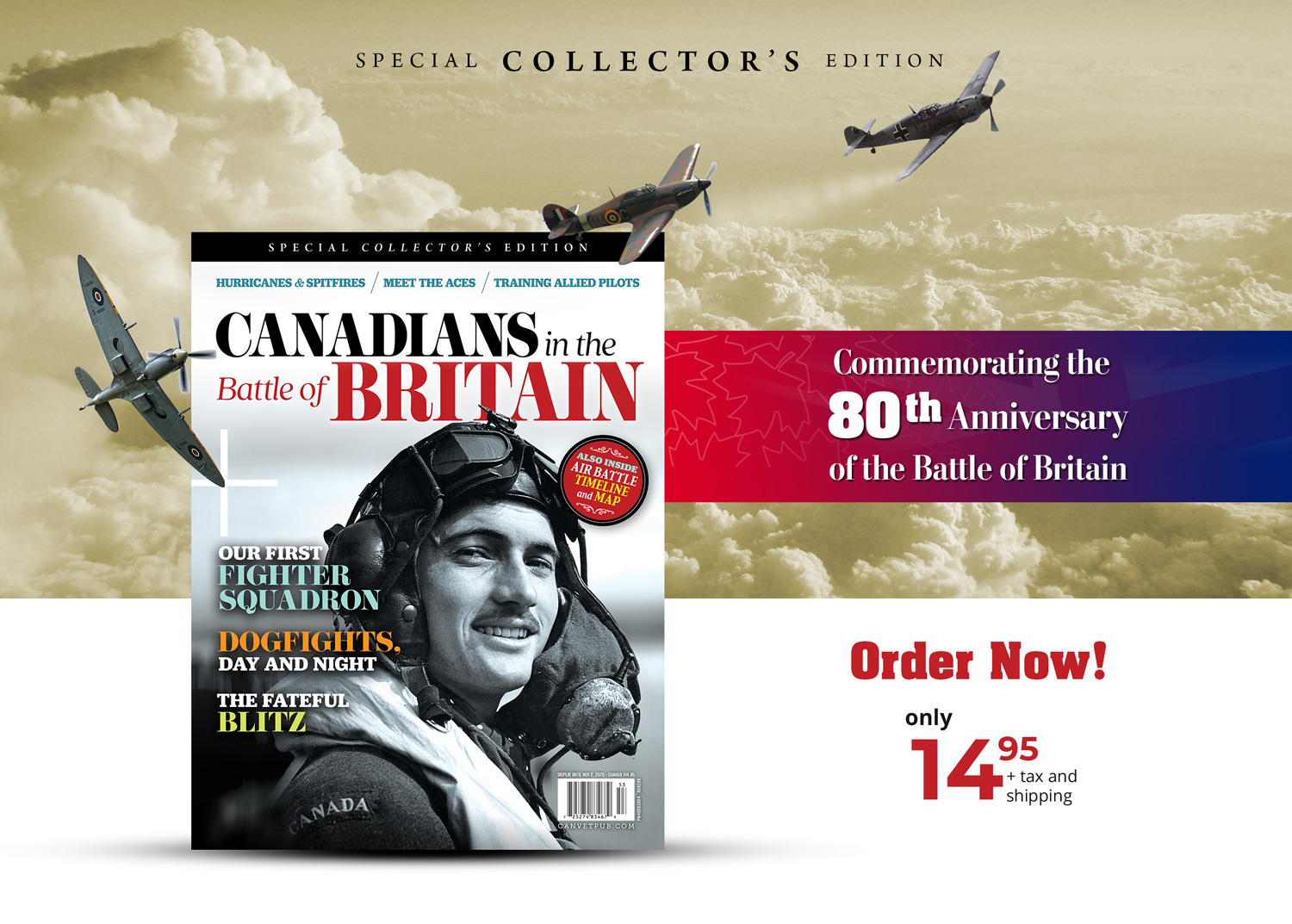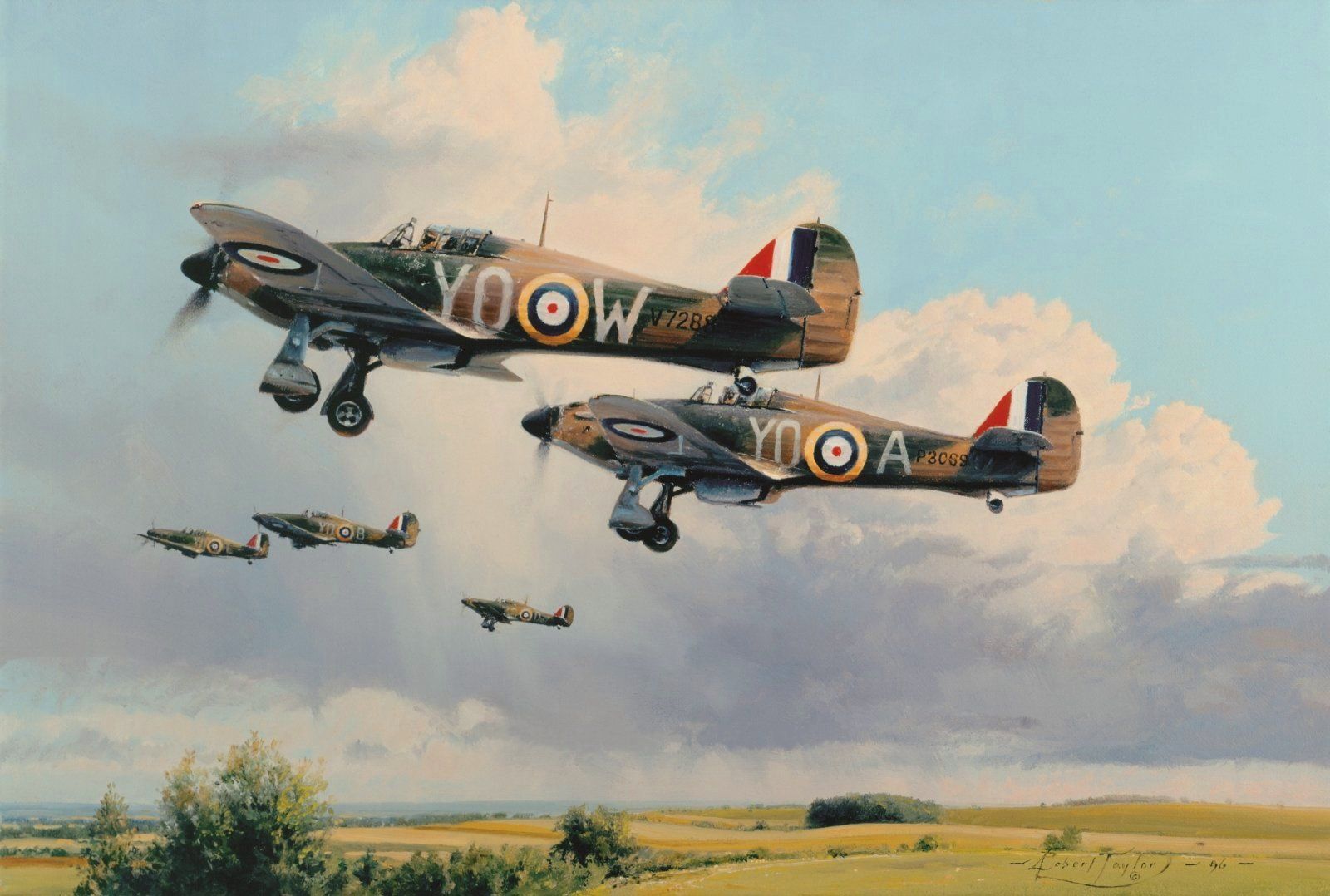
Two-thirds of millennials who responded to the survey confused it with other military or political events:
- 12 per cent of respondents aged 18-24 believed it to be a First World War fight for supremacy over the English Channel;
- nine per cent said it was the civil war fought between England and Scotland in 1646;
- six per cent called it a Viking invasion;
- and three per cent said it was the 2019 general election.
The survey of 2,000 Britons was commissioned by the Royal Air Force Benevolent Fund, which supports serving RAF personnel, veterans and their families. Respondents were questioned on their knowledge of the three-and-a-half-month campaign—the first battle conducted entirely in the air—in conjunction with its 80th anniversary.
Just 56 per cent of those surveyed were even aware of the Battle of Britain, and most were unable to correctly identify key details about the conflict. Forty-six per cent were unaware the battle took place in 1940, and 78 per cent didn’t know how long it lasted.
Those aged 18-24 particularly struggled to identify key details of the battle. A third (34 per cent) knew it took place in 1940. Only a quarter identified “The Few” as fighter pilots, compared to 76 per cent of those aged 55-65.

The survey suggests that knowledge of the battle has diminished over the past five years. When the fund conducted similar research in 2015, 37 per cent of 18-24 year olds knew the Battle of Britain took place in 1940, and 29 per cent knew who “The Few” were.
Half of the youth cohort surveyed this year said they would like to learn more about the Second World War. To raise awareness of the Battle of Britain, the fund is launching a six-part Battle of Britain podcast. It also teamed up with historian Dan Snow—CBC London correspondent Ann MacMillan’s son—for The Big Battle of Britain Virtual Quiz, which took place July 11.
The Battle of Britain ranks with other historic defences of the British Isles over centuries that included Roman conquest, Norman and Viking invasions, and the Spanish Armada.
The battle is defined, whether truth or myth, by the defenders’ perceived underdog status, immortalized in Winston Churchill’s Aug. 20, 1940, speech to the House of Commons in London.
“Never in the field of human conflict was so much owed by so many to so few,” said the prime minister.
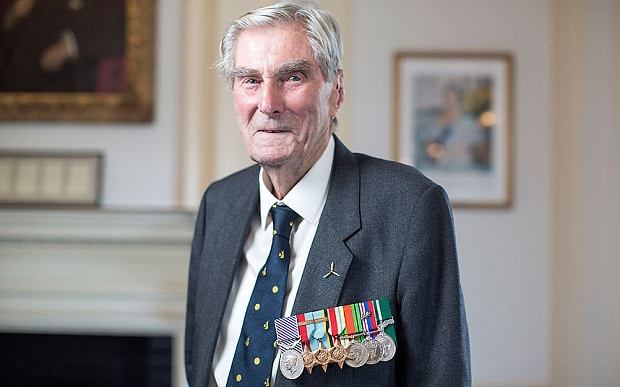
One hundred and twelve Canadians fought alongside 2,353 British and 462 other pilots in the skies over Britain and the English Channel during that fateful summer. Air supremacy would dictate whether German Chancellor Adolf Hitler’s armies could cross the Channel and invade. The defeat—the Nazi juggernaut’s first after sweeping across Europe in just eight months—would mark a turning point in Hitler’s quest to dominate the world.
“As we reach this significant 80th anniversary, it is vital the sacrifice of The Few and all who supported them is remembered and marked by all generations,” said Air Vice-Marshal Chris Elliot, controller of the RAF Benevolent Fund.
“Such important historical moments have lessons for all of us and that’s why we’re encouraging the British public to find out more. By supporting RAF veterans and their families we get to hear their incredible stories first-hand but as time passes, those opportunities are running out.”
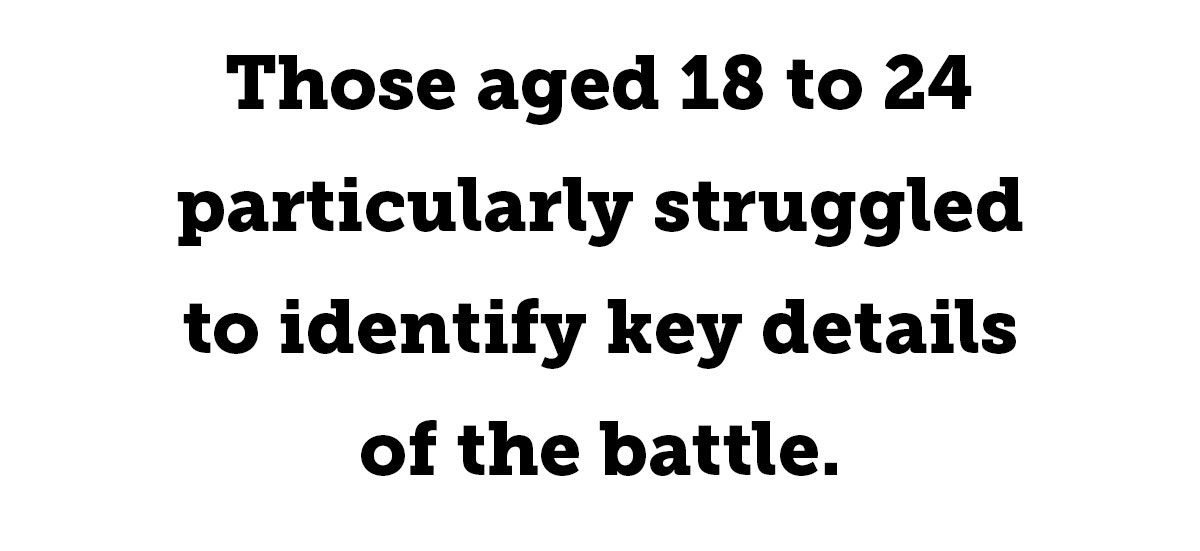
Five hundred and forty-four Allied fighter pilots, including 23 Canadians, were killed in the 1940 defence of Britain—about one in five.
Canada’s last surviving veteran of the battle, Spitfire pilot John Stewart Hart of Naramata, B.C., died in 2019 at 102 years old. His story, and many others, are told in the new special edition of Canada’s Ultimate Story: “Canadians in the Battle of Britain,” published by Canvet Publications Ltd.
The last surviving ace who fought in the battle, Wing Commander Paul Farnes of Sussex, England, died in January at 101. He shot down five enemy planes and damaged another in the battle’s first month, one of just eight per cent of Allied pilots to achieve ace status (five kills) during the fight.
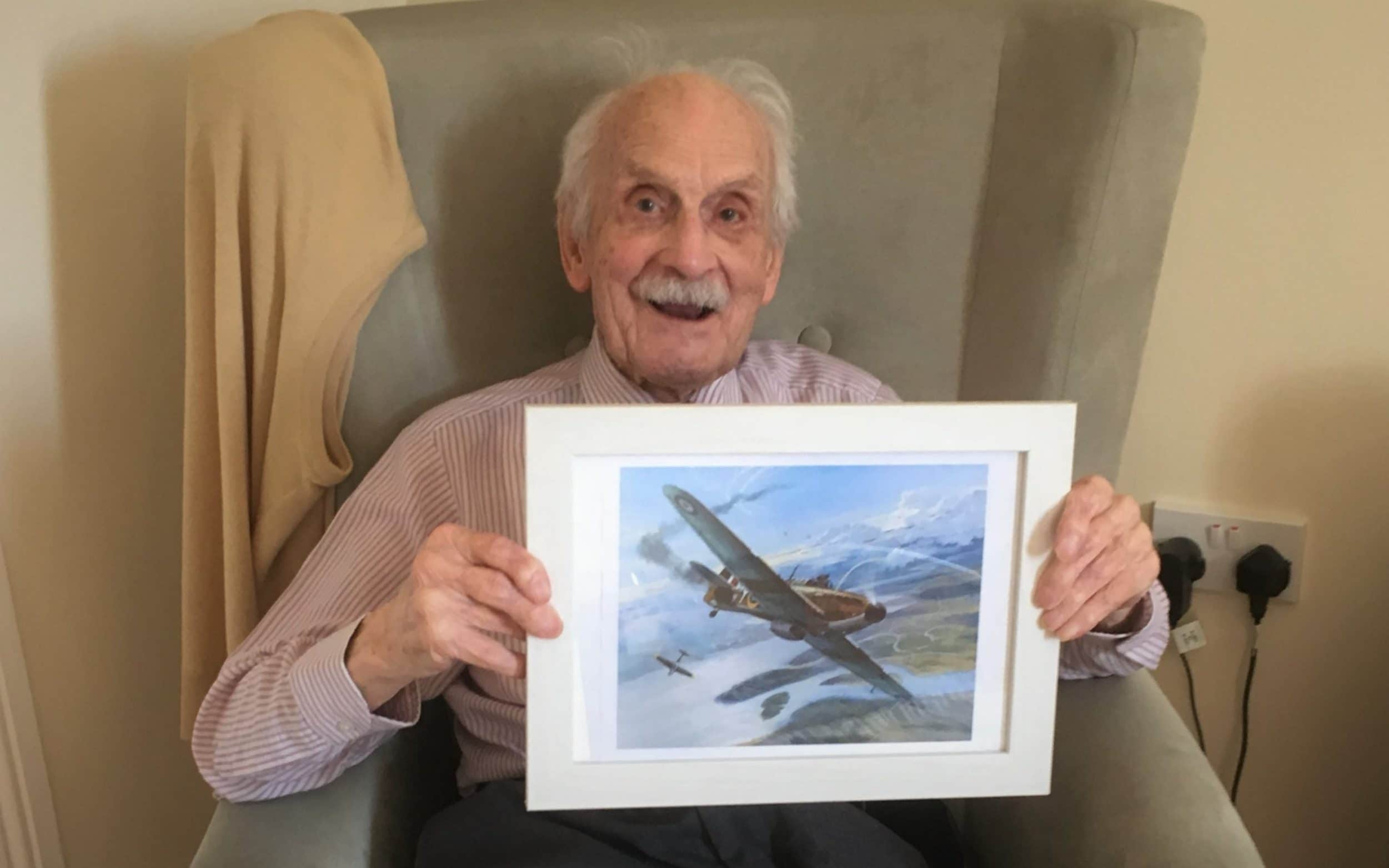
Other historical resources remain across England: airfields and museums, memorials and cemeteries, memories and memorabilia.
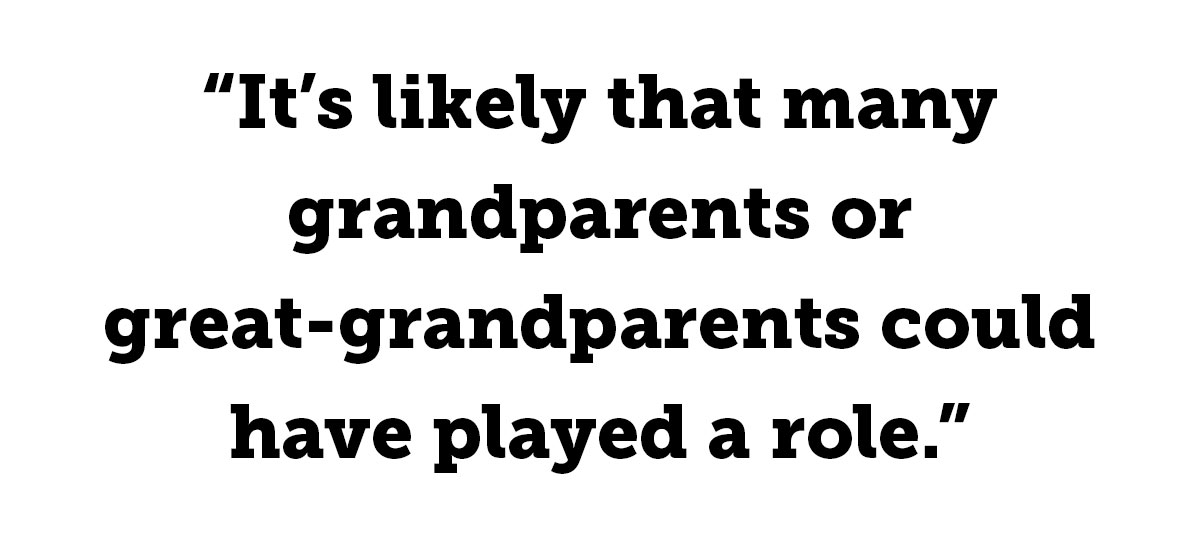
“It can be difficult to relate to events like the Battle of Britain, which happened so long ago,” said Elliot. “But many people were involved, not just fighter pilots, but also Royal Observer Corps volunteers, radar operatives, members of the Women’s Auxiliary Air Force and many others.
“So, it’s likely that many grandparents or great-grandparents could have played a role. It’s crucial we not only listen to these veterans and others, but also repay their service by supporting them when they need us.”
Advertisement









